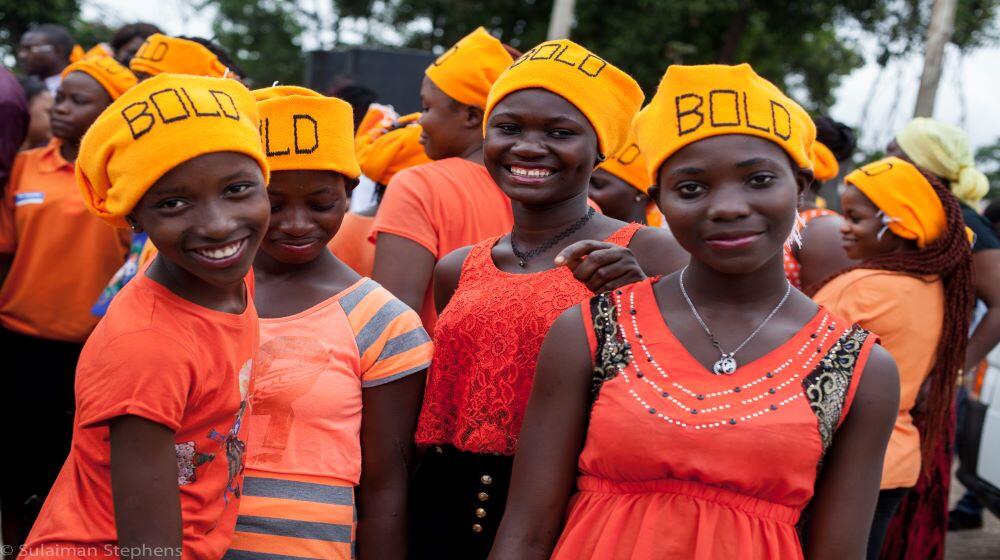World Population Day - 11 July 2022
An Op-Ed by Ms. Nadia Rasheed, Country Representative, UNFPA Sierra Leone
Each year, the global community observes World Population Day on the 11th of July to enhance awareness and action on critical population issues. This year, World Population Day takes on a special significance as we prepare to mark an important milestone – our global population is set to reach 8 billion people in 2022.
This milestone comes at a time when the world has achieved many successes in reducing poverty, increasing life expectancy and improving access to health and education. Yet we are also grappling with difficult challenges including the COVID-19 pandemic, conflicts and humanitarian emergencies, and climate change.
We live in a world of incredible demographic diversity and unprecedented demographic change, with many countries experiencing ageing populations while others face growing or increasingly youthful populations.
Anticipating and understanding population change in each country is critical to harnessing the opportunities that demographic shifts can present, while at the same time mitigating the challenges to help build demographic resilience.
A critical requirement for demographic resilience is investing in human capital and ensuring equal access to opportunities for all. This includes investing in education, health, and access to decent work, as well as harnessing the potential of all people to contribute to the economy and society, particularly women who are traditionally marginalized, young people and those living with disability.
Demographic resilience also requires ensuring rights and choices for all, including safeguarding reproductive rights and freedoms, ensuring the full equality of women, and reconsidering traditional norms that limit women from reaching their full potential.
In countries like Sierra Leone, where young people form the majority of the population, there is also potential to reap a demographic dividend that can help to accelerate economic growth. To realize this potential payoff requires:
- Human capital development through increased investments in quality education, including keeping girls in school
- Enhancing investments in the health of the population, including their sexual and reproductive health, in order to ensure a healthy workforce,
- Investing in job and entrepreneurship creation
- Enacting policies to empower women and secure their rights and choices to make informed decisions about their fertility, and
- Developing and implementing policies that ensure efficiency and accountability in use of public resources
As we approach the 8 billion milestone, UNFPA renews its commitment to work with Government, civil society, the private sector and development partners to support transformative pathways in a world of rapid demographic change, and to realize a prosperous and sustainable world for all.


